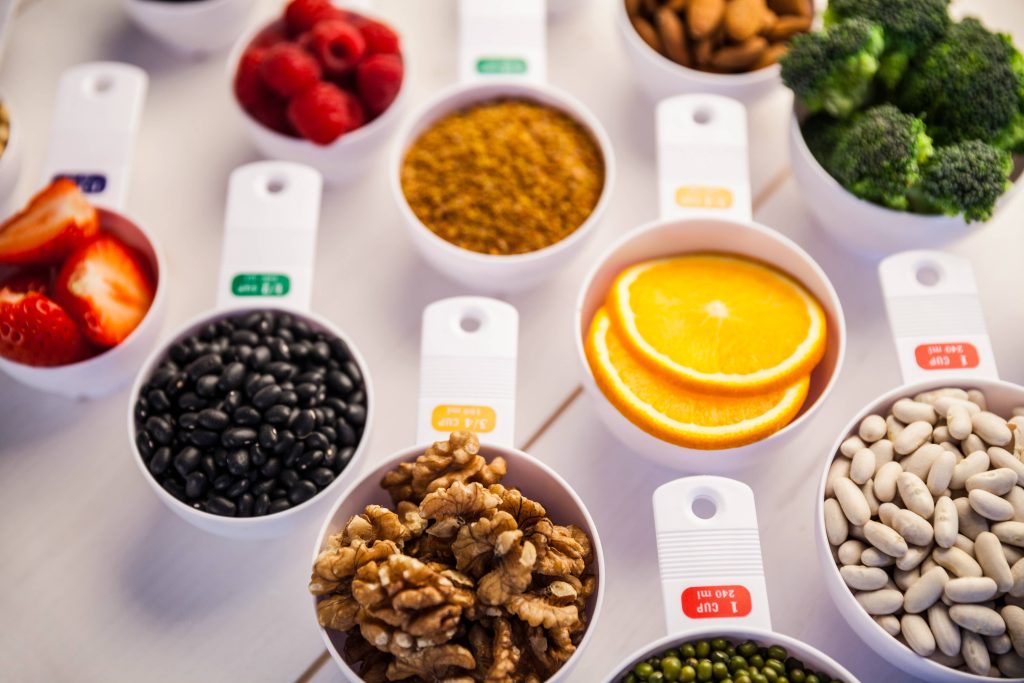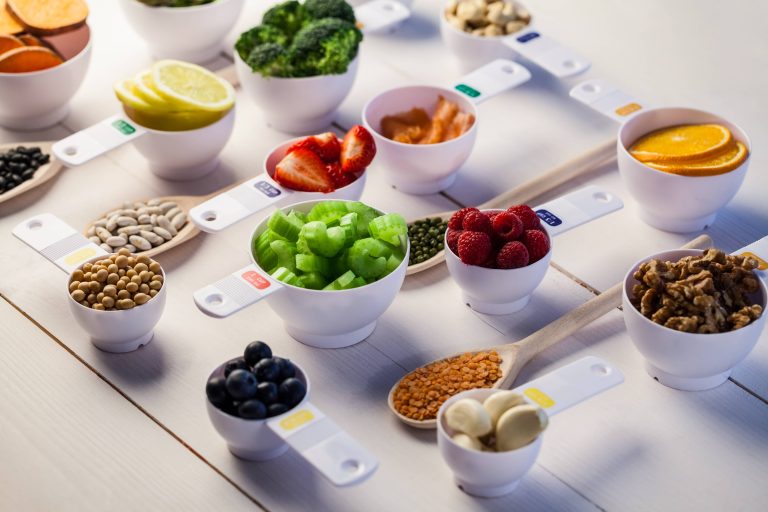
In today’s fast-paced world, maintaining energy throughout the day can be a challenge. Many of us find ourselves reaching for that extra cup of coffee or a sugary snack to get through the afternoon slump. However, these quick fixes often lead to energy crashes and can negatively impact our overall health. The key to sustained energy lies in the power of regular meals. By understanding how our bodies use food for fuel, we can make informed choices that keep us energized and focused all day long.
Understanding Energy and Nutrition
Energy is the currency our bodies use to perform every function, from breathing to thinking to running a marathon. This energy comes from the food we eat, which is broken down into nutrients and absorbed into our bloodstream. The three main macronutrients that provide energy are carbohydrates, proteins, and fats. Each plays a unique role in maintaining our energy levels:
– Carbohydrates are the body’s primary source of energy. They are broken down into glucose, which is used by our cells for immediate energy or stored in the liver and muscles for later use.
– Proteins are essential for building and repairing tissues. They also play a role in energy production, especially when carbohydrate stores are low.
– Fats are a concentrated source of energy. They are broken down into fatty acids and glycerol, which can be used for energy when carbohydrate stores are depleted.
The Importance of Regular Meals
Eating regular meals is crucial for maintaining steady energy levels. When we skip meals or go too long without eating, our blood sugar levels drop, leading to feelings of fatigue, irritability, and difficulty concentrating. On the other hand, eating at regular intervals helps keep blood sugar levels stable, providing a constant supply of energy to our cells.
1. Breakfast: The Most Important Meal of the Day
Starting your day with a nutritious breakfast sets the tone for sustained energy. After a night of fasting, your body needs fuel to kickstart your metabolism and provide energy for the day ahead. A balanced breakfast should include a mix of carbohydrates, protein, and healthy fats. For example, oatmeal topped with nuts and berries or a smoothie with spinach, banana, and almond butter can provide the nutrients needed to keep you energized until lunchtime.
2. Mid-Morning Snack: Bridging the Gap
A mid-morning snack can help maintain energy levels and prevent overeating at lunch. Choose snacks that combine protein and fiber, such as a handful of almonds or a piece of fruit with yogurt. These options provide a slow release of energy, keeping you satisfied and focused.
3. Lunch: Refueling for the Afternoon
Lunch is an opportunity to refuel and recharge for the second half of the day. Aim for a balanced meal that includes lean protein, whole grains, and plenty of vegetables. A quinoa salad with grilled chicken and mixed greens or a whole-grain wrap with turkey and avocado are excellent choices. These meals provide the nutrients needed to sustain energy and prevent the afternoon slump.
4. Afternoon Snack: Keeping Energy Levels Steady
An afternoon snack can help maintain energy levels and improve concentration. Opt for snacks that are rich in protein and healthy fats, such as hummus with carrot sticks or a small handful of trail mix. These snacks provide a steady release of energy, helping you power through the rest of the day.
5. Dinner: Replenishing and Repairing
Dinner is a time to replenish energy stores and provide the nutrients needed for overnight repair and recovery. Focus on a balanced meal that includes lean protein, whole grains, and a variety of colorful vegetables. Grilled salmon with quinoa and roasted vegetables or a stir-fry with tofu and brown rice are nutritious options that support sustained energy and overall health.
Tips for Maintaining Energy Throughout the Day
– Stay Hydrated: Dehydration can lead to fatigue and decreased concentration. Aim to drink plenty of water throughout the day to stay hydrated and support energy levels.
– Limit Caffeine and Sugar: While caffeine and sugar can provide a quick energy boost, they often lead to crashes. Limit your intake and opt for natural sources of energy instead.
– Listen to Your Body: Pay attention to hunger cues and eat when you’re hungry. Avoid waiting until you’re ravenous, as this can lead to overeating and energy crashes.
– Plan Ahead: Prepare meals and snacks in advance to ensure you have healthy options available throughout the day. This can help prevent impulsive choices that may lead to energy dips.
Conclusion
The power of regular meals for sustained energy cannot be overstated. By understanding the role of nutrition in energy production and making mindful choices about what and when we eat, we can fuel our bodies for optimal performance. Incorporating balanced meals and snacks into your daily routine can help maintain steady energy levels, improve concentration, and support overall health. Remember, the key to sustained energy is not just about what you eat, but also how you eat. Prioritize regular meals, listen to your body’s needs, and enjoy the benefits of sustained energy throughout the day.










